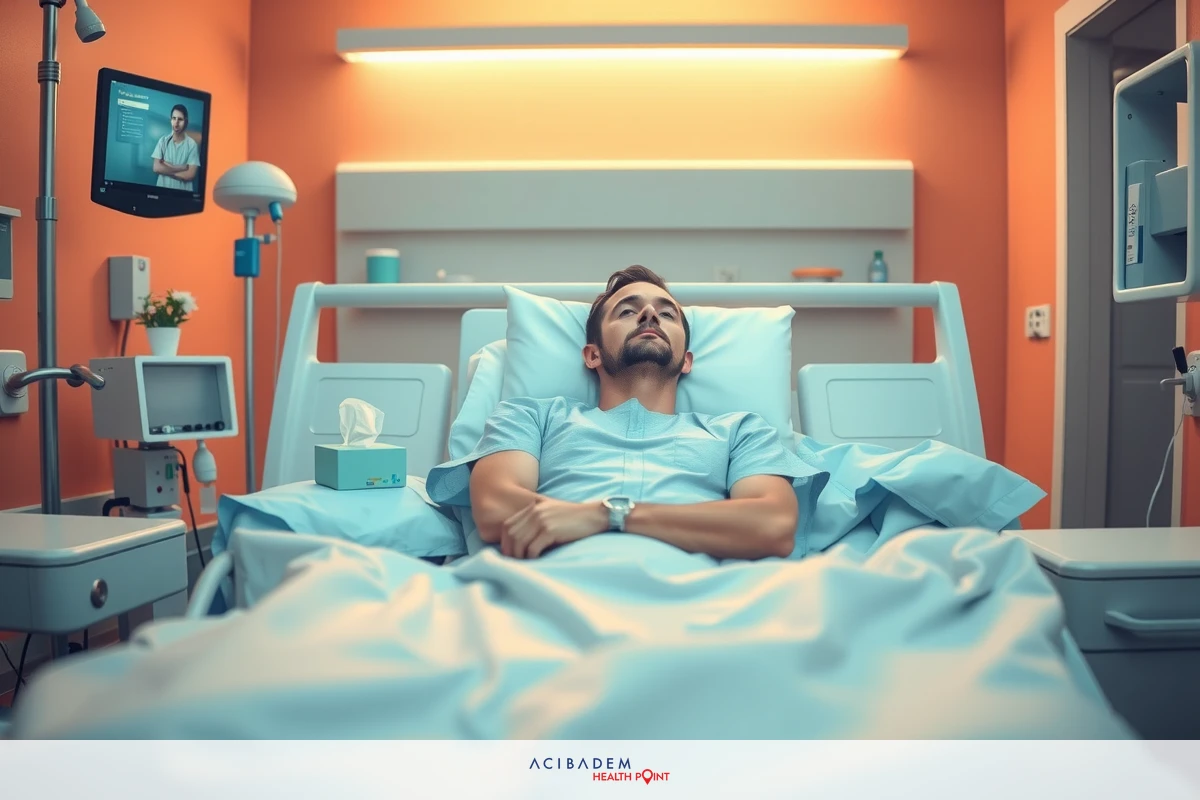How to Sneeze with a Rhinoplasty
How to Sneeze with a Rhinoplasty How to Sneeze with a Rhinoplasty Rhinoplasty, the art of reshaping the nose, may present an unexpected challenge – sneezing. The act so mundane and spontaneous can become a source of anxiety for those navigating recovery post-rhinoplasty. Care must be taken to ensure that this natural reflex does not disrupt the healing process or result in discomfort.
To sneeze after rhinoplasty is inevitable; learning how to do it safely becomes imperative. This article will serve as your guide on this journey by offering tips and precautions that promote health while addressing common concerns. With our guidance, you’ll be able to navigate through these challenges confidently.
Sneezing Precautions
Navigating the post-surgical journey of rhinoplasty involves paying attention to many small, everyday activities. One such activity is sneezing. The sheer force and suddenness of a sneeze can be jarring, especially when your nasal structures are in the delicate phase of healing.
Here are some precautions to ensure a safe and comfortable sneeze after rhinoplasty:
- Open Your Mouth: This simple action helps distribute the force of a sneeze away from your nose towards your mouth.
- Avoid Holding It In: While instinct may urge you to suppress a building sneeze, doing so could potentially damage your newly restructured nose.
- Gently Blow Your Nose: If you feel congestion leading up to a potential sneeze, carefully blow your nose with soft tissues.
- Stay Hydrated: Adequate hydration keeps mucus thin and lessens chances for intense bouts of post-surgery sneezes.
- Keep Surroundings Clean: Dust or allergens at home can frequently trigger bouts of uncontrollable sneezing; keeping surroundings clean minimizes this risk.
Following these safety precautions will help navigate the often overlooked challenge that comes with recovery – mastering how to comfortably and safely handle a post- rhinoplasty sneeze!

Tips for Sneezing
After a rhinoplasty, the simplest act of sneezing can seem daunting. When you consider the sudden force and pressure exerted on your newly structured nose during a sneeze, it’s easy to understand why post-surgery patients might feel apprehensive.
By applying some simple strategies and techniques, you can minimize discomfort while ensuring your healing process remains unobstructed.
A useful tip is to aim for “soft” sneezes whenever possible. This involves letting out the sneeze through an open mouth instead of forcing it through the nasal passage which can put undue stress on your healing tissues. In addition to this ‘open-mouth’ technique, try to avoid holding back or suppressing a building sneeze as doing so could potentially harm your delicate nasal structures.
It’s also crucial not just how but when you sneeze after rhinoplasty surgery. It’s advisable not to blow your nose harshly in the early days following surgery; if congestion builds up leading to an inevitable bout of sneezes, gently blowing out with soft tissues can be helpful. Be mindful though that this should be done very carefully and under guidance from your healthcare provider.
Hydration cannot be overstated – staying well-hydrated ensures mucus stays thin thereby reducing chances for intense bouts of post-surgery sneezes triggered by thick mucus build-up inside nostrils. Remember too that external factors such as dust or allergens at home may trigger uncontrollable bouts of sternutation keeping surroundings clean minimizes allergen exposure hence lesser triggers!
By implementing these tips into their daily routine post-rhinoplasty surgery patients will find handling a once mundane activity like sneezing much more manageable! Not only does it alleviate concerns about damaging surgical results but also significantly enhances comfort levels during recovery period making journey back to normalcy smoother and faster.
Frequently Asked Questions
Can sneezing affect my rhinoplasty results?
While it's normal to be concerned about the impact of sneezing on your new nasal structure, rest assured that an occasional regular sneeze is unlikely to cause any significant alteration or damage. Violent and frequent bouts may potentially apply undue pressure on healing tissues; hence precautions are advisable.
What should I do if I feel a strong urge to sneeze during the initial days post-surgery?
It's best not to suppress a building sneeze as doing so could lead to internal pressure build-up which might be harmful. Instead, try letting out the air gently through an open mouth.
Is there anything specific I can do at home to minimize chances of triggering bouts of sternutation (aka 'sneezing')?
Yes absolutely! Keeping your surroundings clean and free from dust or allergens helps reduce exposure thereby minimizing potential triggers for uncontrollable bouts of sternutation.
How long until I can go back to normal, unrestricted sneezes after my rhinoplasty surgery?
This largely depends on individual recovery times which vary from person-to-person but typically within 2-3 weeks you should be able start resuming normal activities including unrestricted nose-blowing and natural sneezes. Always consult with your healthcare provider before making decisions about post- operative care.











